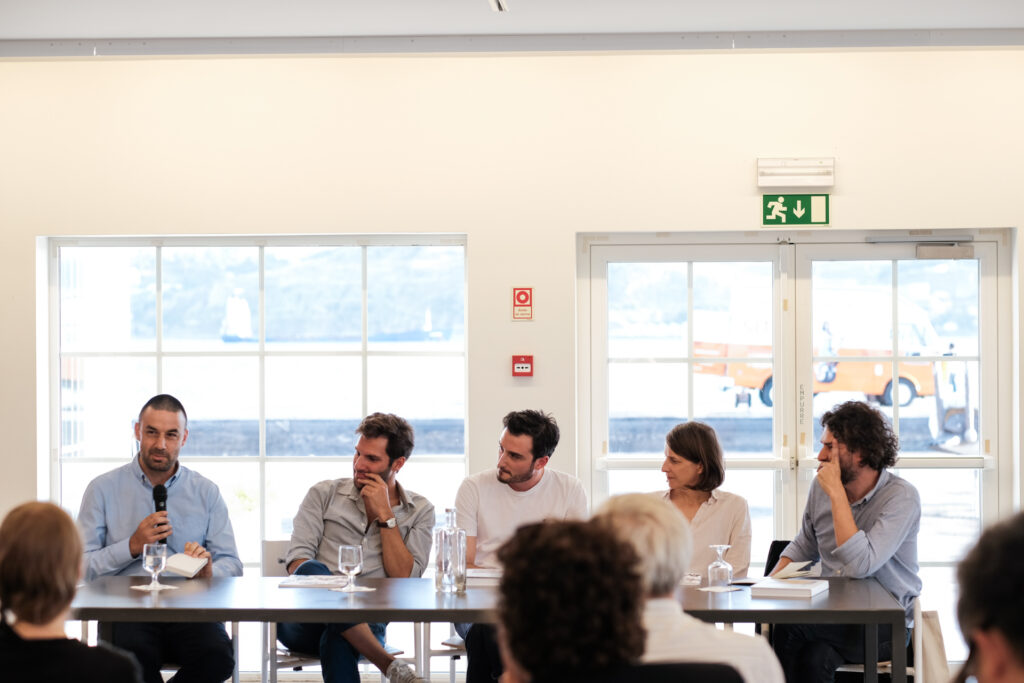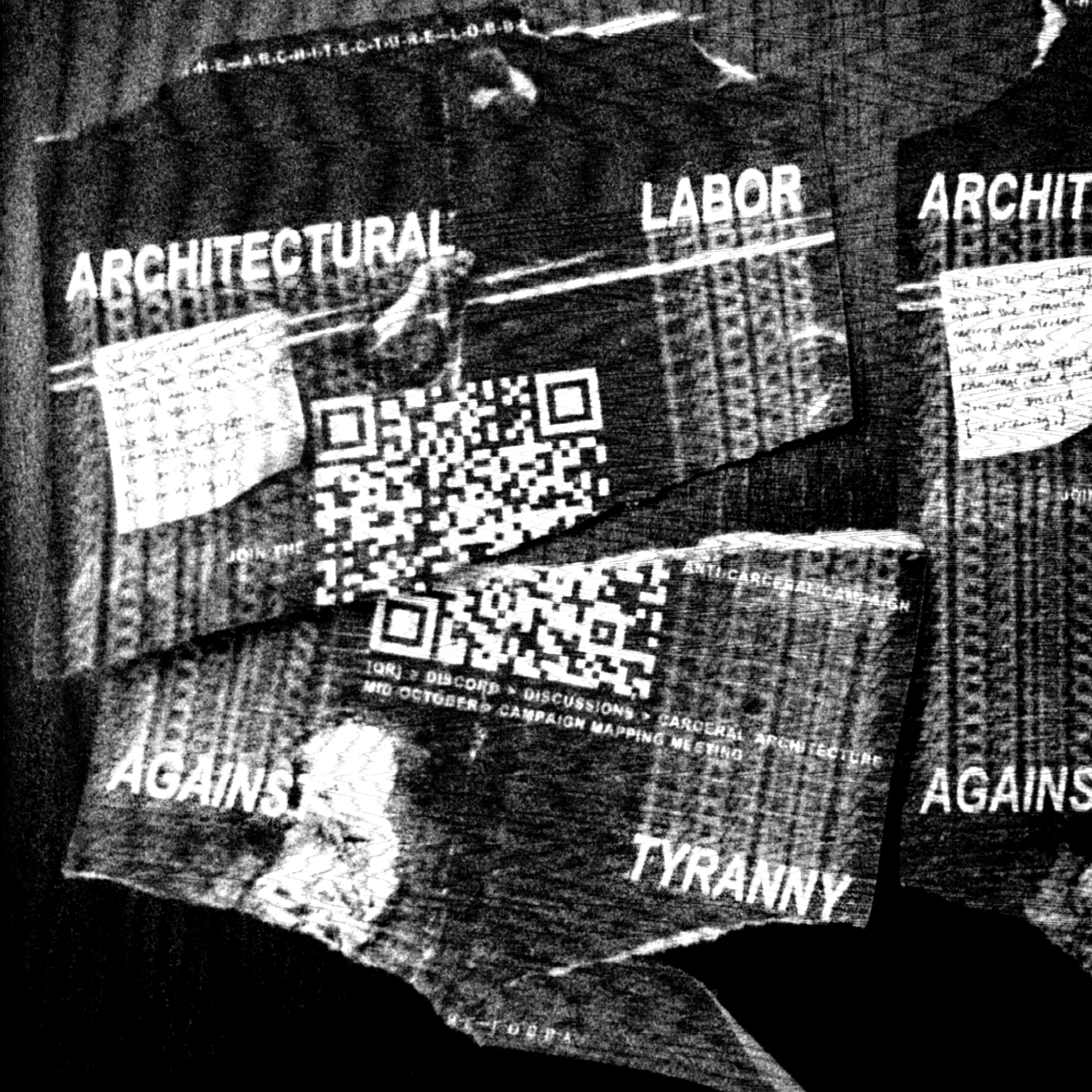Book Presentations, Sidekick
Emulsifying Architecture Books
Emulsification is a culinary process in which the necessary agitation is provided to combine otherwise immiscible substances as are fat and protein. This event, a round table gathering new architecture books and their authors, will be quite adequately held at Espaço Espelho d’Água’s restaurant. The books Cartha – On Relations in Architecture, Asymmetric Labors and Flat Out, respectively represented by Cartha Magazine, Georg Rafailidis and Penelope Dean, will be presented followed by an informal discussion moderated by Luís Santiago Baptista, trying to find common perspectives and concerns.
Cartha – On Relations in Architecture, 2016, Park Books
Asymmetric Labors: The Economy of Architecture in Theory and Practice, May 2016, The Architecture Lobby
Flat Out, 2016, ed. Penelope Dean
Visit the Lisbon Triennale Event page for event details.
UPDATE 10/08/2016: We had fun discussing Asymmetric Labors during a round table event – part of the Opening Week celebration of the Trienal de Arquitectura de Lisbon, 2016. For those able to join, let us know what you thought! See below for some photos.







